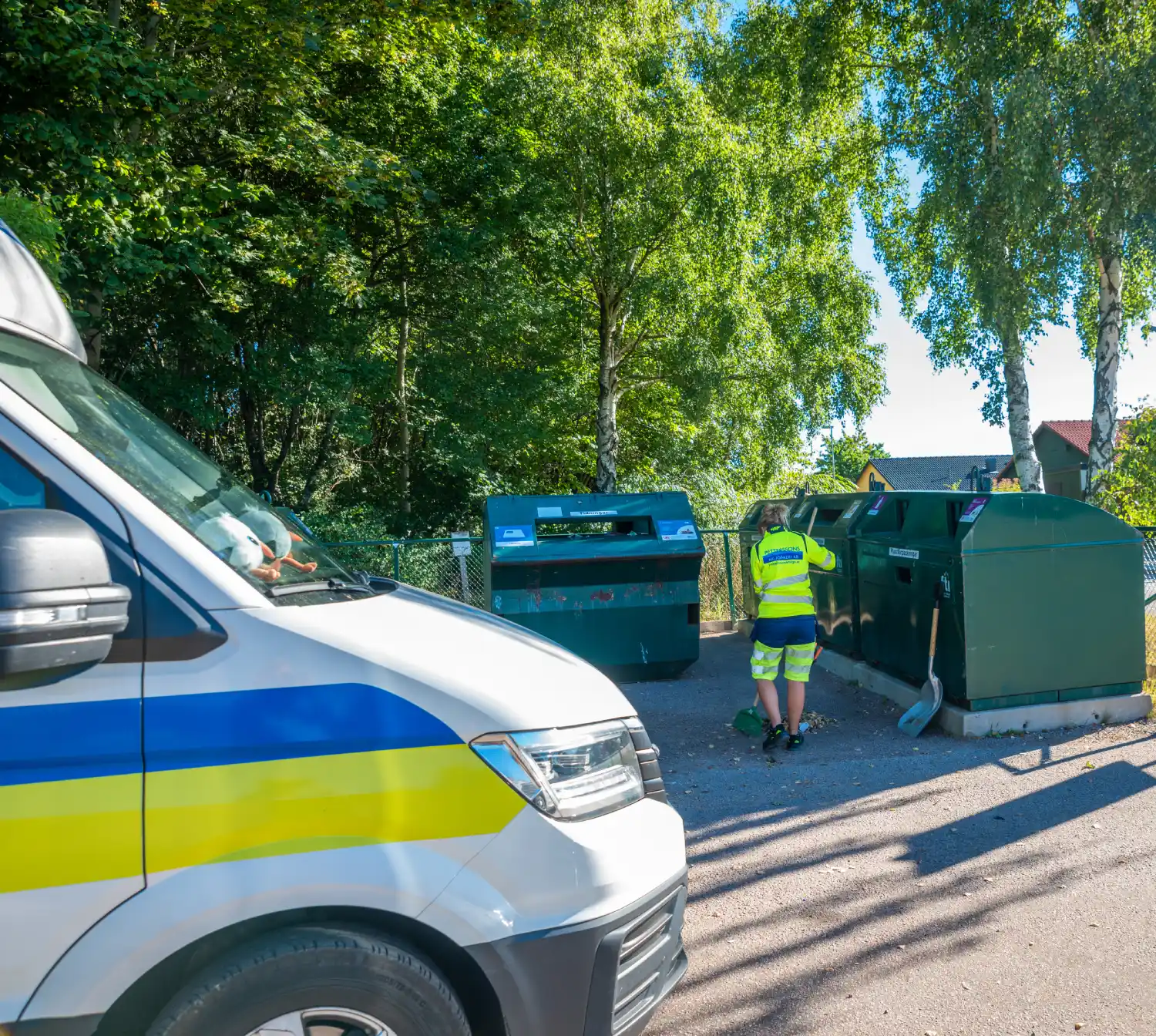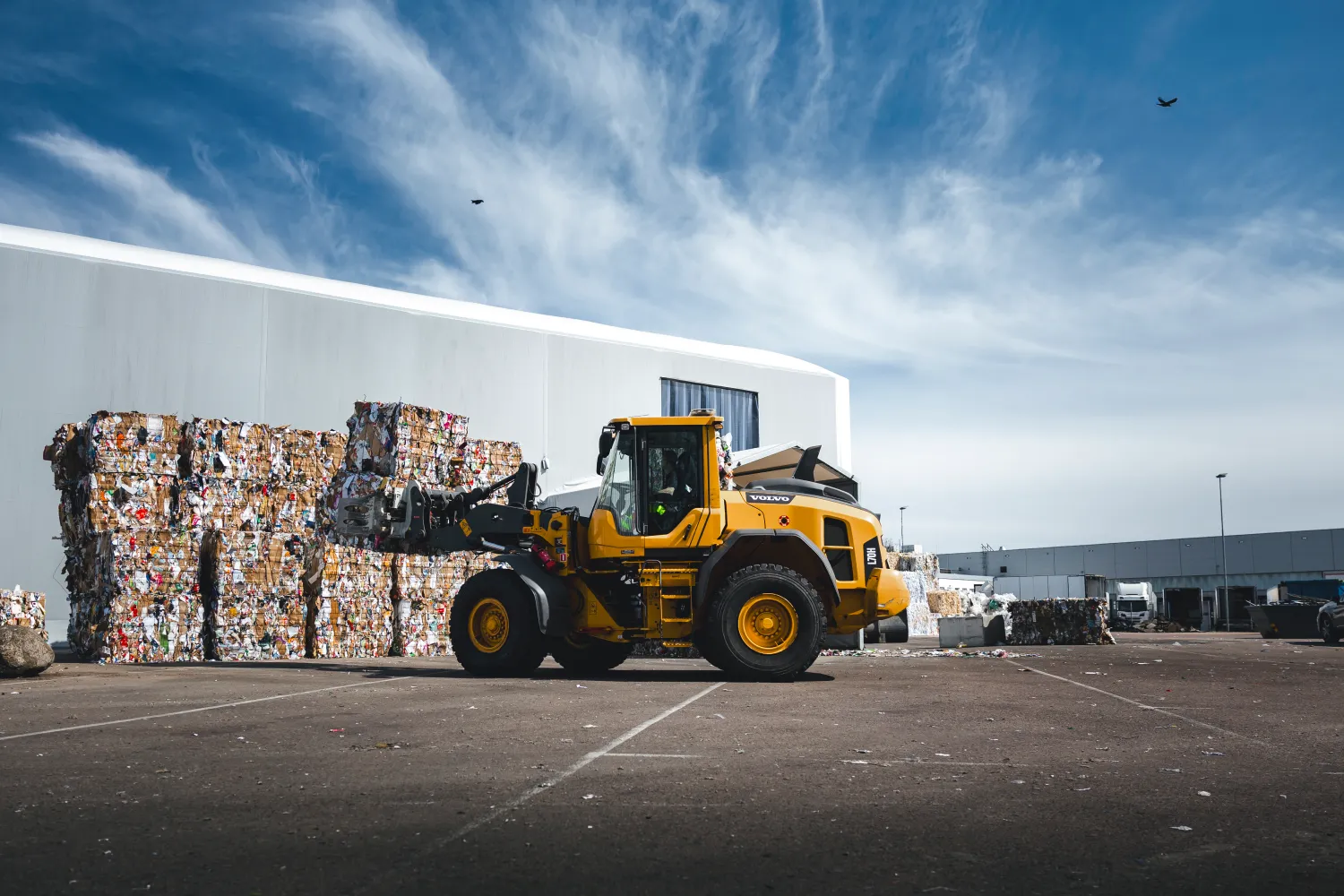Facilitating Recycling in Falkenberg with PetterssonsMiljö’s Services
Facilitating Recycling in Falkenberg with PetterssonsMiljö’s Services
Blog Article
Sustainability has swiftly become an international priority, and recycling plays a critical role in reducing environmental impact. Many agencies are actually setting ambitious sustainability goals, with successful recycling systems emerging as a vital strategy. But how precisely can organizations achieve these objectives through better recycling operations? By leveraging performance, data-driven techniques, and community involvement, Recycling (Återvinning) can drive sustainable change.
Recycling By the Numbers
Did you know that globally, 2.01 thousand a lot of waste are generated annually? Alarmingly, no more than 19% of the waste is recycled. Improving this figure is essential, as landfills considerably subscribe to greenhouse gas emissions, accounting for around 14% of international methane emissions. Recycling not just reduces landfill dependence but also preserves energy, with materials like aluminum consuming 95% less energy when recycled in comparison to main production.

The Role of Successful Recycling Operations
Efficiency may be the backbone of successful recycling operations. Without appropriate spend selecting and recovery functions, the recycling chain can lose both product potential and cost-effectiveness. Like, contamination in recycling bins remains a substantial concern, with prices averaging at 25% in certain areas. These inefficiencies spotlight the need to streamline procedures for optimal outcomes.
Impressive technologies like AI-driven waste organizing methods are becoming game-changers in this field. By increasing sorting reliability and processing speeds, these technical breakthroughs lower contamination and boost recycling yields. More over, employing better logistics in recycling services may reduce transportation emissions and increase material recovery charges by almost 30%.
Placing and Conference Recycling Goals
Setting feasible recycling targets is essential for long-term sustainability success. Sweden, for instance, has changed into a chief in waste management, recycling about 99% of home waste. This achievement reflects its stringent plans, intensive infrastructure, and community education efforts. Nations and companies likewise may have a site from Sweden's book by adopting apparent goals and aiming them with measurable KPIs.

One effective strategy is interesting neighborhoods and workers through recycling education. For example, companies have seen waste diversion prices raise by as much as 20% by simply providing education on what can and cannot be recycled.
A Sustainable Future Starts Today
Effective recycling operations tend to be more than just a checkbox for sustainability goals. They are an essential instrument for reducing spend, keeping energy, and addressing weather change. By adopting advanced systems, selling training, and tailoring recycling objectives, companies and communities may revolutionize their environmental impact. Report this page